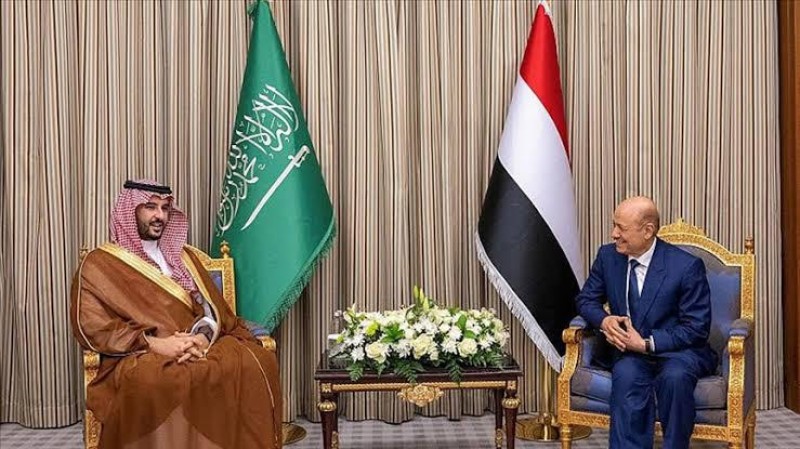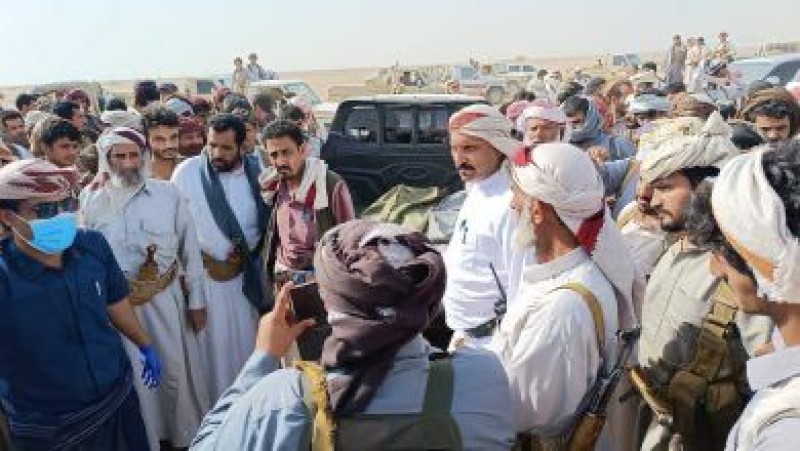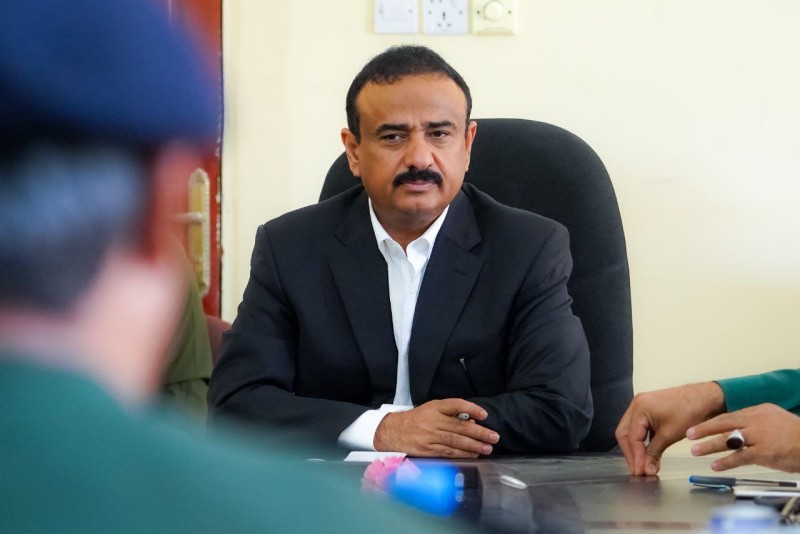Yemen: fighting dies down in Hodeidah as ceasefire starts.


Retired Dutch general due to be deployed to Hodeidah by Wednesday to oversee truce
Yemen’s warring parties are observing the first day of a UN-negotiated ceasefire in the key port city of Hodeidah, opening the way for monitors to enter the area and start the process of administering a formal withdrawal of troops over the next month.
The UN special envoy for Yemen, Martin Griffiths, who negotiated the breakthrough agreement at talks in Sweden last week, said he expected the retired Dutch general Patrick Cammaert to be deployed to Hodeidah by Wednesday under UN authority to oversee the ceasefire and the two-phase troop withdrawal.
Griffiths said the ceasefire was breached soon after it came into force at midnight on Tuesday but since then the skies had been silent.
He told BBC Radio 4: “So far, so good, fingers crossed. There was some skirmishing between one and two o’clock on the frontlines. The skies are quiet above Hodeidah. The pattern at the moment is a positive one.”
He said the monitoring committee chaired by Cammaert would meet for the first time on Wednesday. The aim was for the first phase of withdrawal to be completed by the end of the year and the second phase – taking troops out of the port area – by the middle of January, allowing aid to travel freely on the road from Hodeidah to the capital, Sana’a.
He stressed that further progress was needed on economic reform, since the risk of famine partly stemmed from the cost of food and the collapse in the value of the rial rather than a lack of supplies.
Both the Iranian-backed Houthi rebels that have controlled the port and Hodeidah city and the Saudi-backed supporters of the Yemeni government of President Abd Rabbu Mansour Hadi may have surprised themselves with the speed at which the ceasefire was negotiated in Sweden. On Twitter, leaders from both sets of negotiating teams defended the deal and their part in agreeing the ceasefire.
Detailed work is under way on a mass prisoner swap, the terms of which were outlined by the special envoy’s office on Monday.
Cammaert faces big problems in negotiating troop withdrawals, and regarding the makeup of a new civilian security force and the details of how the UN will check that revenues from the port are not being siphoned off to Houthi militia.
Many Yemeni experts point out that vested interests on both sides profit financially from the war and have motives to sabotage an agreement. The Red Sea port is the gateway for most aid into the country.
Further work is needed on the reunification of Yemen’s central bank and the payment of salaries to tens of thousands of public servants.
If the ceasefire continues to hold and is extended to the other ports of Salif and Ras Issa, as intended, the chances of the UN security council being able to agree the terms of a resolution endorsing the outcome of the Sweden talks, and future humanitarian access, will be higher.
UK diplomats, penholders in charge of drafting decisions at the UN, held off from formally tabling a resolution before the talks in Sweden after Saudi Arabia raised objections. Both Saudi and its military partner the United Arab Emirates seem content with the truce and argue the previous assault on Hodeidah was necessary to force the Houthis to the negotiating table.
The draft UN resolution calls on all parties to the conflict to take further steps to facilitate the unhindered flow of commercial and humanitarian supplies including food, fuel, medicine and other essential imports and humanitarian personnel into and across the country.
AFP.

Riyadh – A senior official in Yemen’s Presidential Leadership Council said that Council President Rashad Al-Alimi is expected to meet e…

Marib – The internationally recognized government of Yemen has recovered the bodies of 20 of its fighters in a tribal-mediated exchange with…

Shabwa – The Governor of Shabwa, Awad Mohammed bin Al-Wazir, has directed the Director General of Police in the governorate to urgently take…